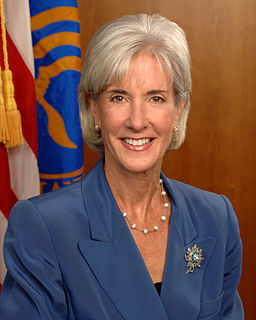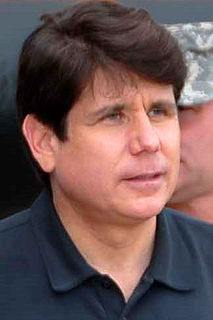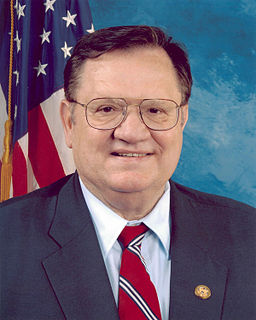A Quote by Kathleen Sebelius
We have by far the most expensive health system in the world. We spend 50 percent more per person than the next most costly nation. Americans spend more on health care than housing or food
Related Quotes
Is it just a coincidence that as the portion of our income spent on food has declined, spending on health care has soared? In 1960 Americans spent 17.5 percent of their income on food and 5.2 percent of national income on health care. Since then, those numbers have flipped: Spending on food has fallen to 9.9 percent, while spending on heath care has climbed to 16 percent of national income. I have to think that by spending a little more on healthier food we could reduce the amount we have to spend on heath care.
The standard of 'affordable' housing is that which costs roughly 30 percent or less of a family's income. Because of rising housing costs and stagnant wages, slightly more than half of all poor renting families in the country spend more than 50 percent of their income on housing costs, and at least one in four spends more than 70 percent.
When cattle ranchers clear rain forests to raise beef to sell to fast-food chains that make hamburgers to sell to Americans, who have the highest rate of heart disease in the world (and spend the most money per GNP on health care), we can say easily that business is no longer developing the world. We have become its predator.
Britain, with the most completely socialized health system in the West, now spends the lowest fraction of GNP on health care of any major nation. There are frequent complaints of excessive waits for elective surgery and other inconveniences, but British citizens live slightly longer than Americans, on average, and our overall health conditions are comparable.
In 1970, Americans spent about $6 billion on fast food; in 2000, they spent more than $110 billion. Americans now spend more money on fast food than on higher education, personal computers, computer software, or new cars. They spend more on fast food than on movies, books, magazines, newspapers, videos, and recorded music—combined.
What the Affordable Care Act started was a change in the American health care system from paying for procedures to paying for outcomes, paying for health. Other nations have already made that move. We pay for procedures and we get the best procedures in the world and we get the most procedures in the world, and then we spend a huge chunk of our GDP on health care, but we don't have the best outcomes.
The problem of giving health care to everybody cannot be solved so long as we're spending huge sums of money for war. Already we have a very wasteful healthcare system, the most wasteful healthcare system in the world. I mean, we spend the most money and still have 40 million people without insurance. Compare us to Cuba. Cuba is our enemy, run by a dictator, Fidel Castro. But people in Cuba get health care at least equal to that of the United States - with very scarce resources. So I think this issue is the most important domestic issue.































